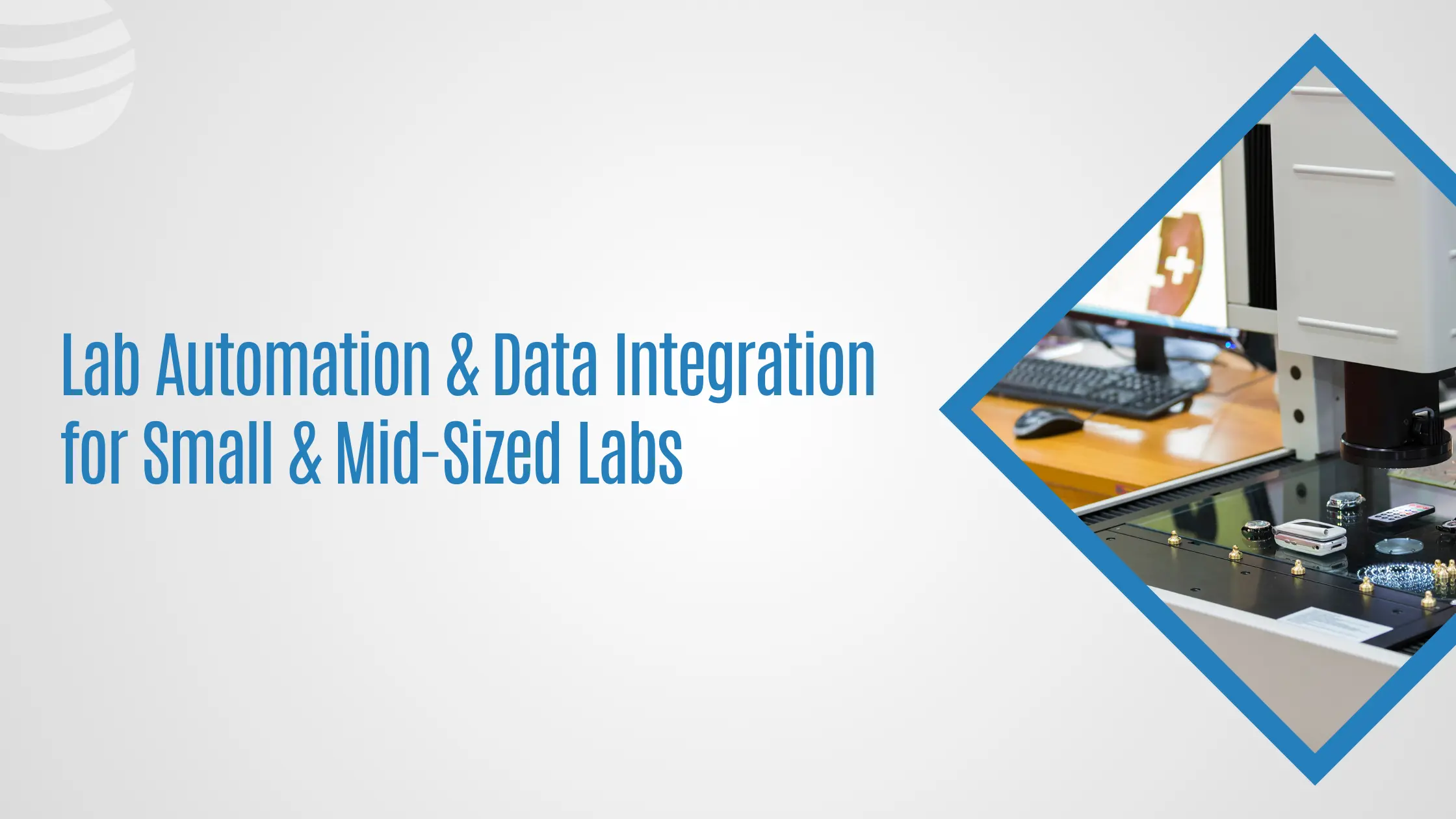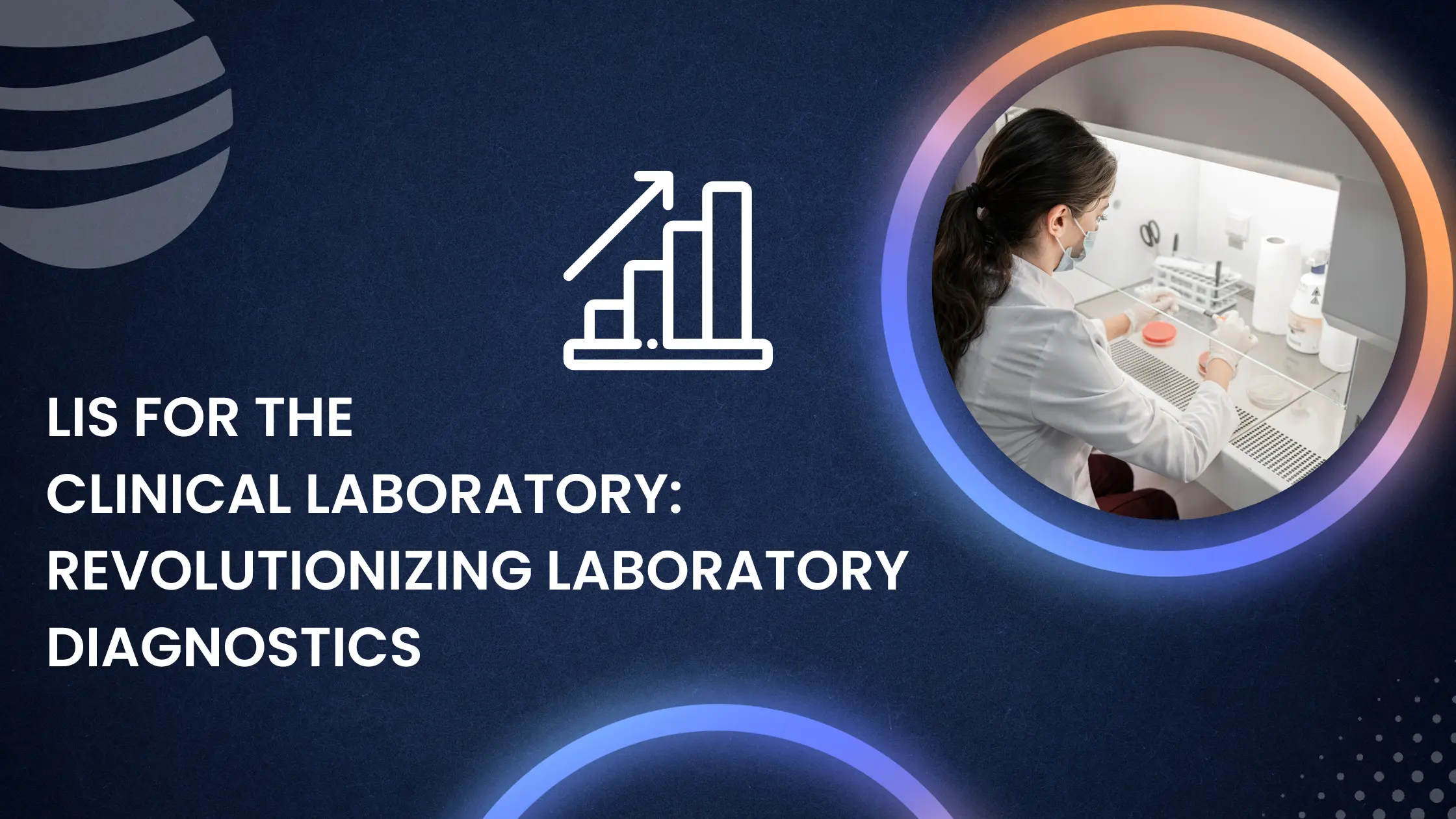LIS for the Clinical Laboratory: A Comprehensive Overview
LIS for the Clinical Laboratory: Simplifying Diagnostics
Unveiling the Benefits of LIS Implementation
Enhanced Efficiency: LIS automates manual tasks, reducing the risk of errors and expediting the diagnostic process.
Improved Accuracy: Automation minimizes human errors, leading to more accurate test results and diagnoses.
Streamlined Workflow: LIS optimizes the flow of samples, information, and results, leading to faster turnaround times.
Centralized Data Management: Patient records, test results, and other critical data are stored in a centralized database, promoting easy access and retrieval.
Quality Control: LIS includes built-in quality control measures, ensuring consistent and reliable results.
Compliance and Reporting: LIS aids in regulatory compliance by generating accurate and standardized reports.
Functionalities of LIS for the Clinical Laboratory
Sample Tracking and Management: LIS tracks each step of the sample journey, from collection to analysis, ensuring traceability.
Result Generation and Reporting: It generates comprehensive reports with minimal manual intervention, improving reporting accuracy.
Interfacing with Instruments: LIS interfaces seamlessly with laboratory instruments, allowing direct data transfer and reducing transcription errors.
Inventory Management: LIS keeps track of reagents, supplies, and equipment, optimizing inventory management.
Patient Data Integration: It integrates patient demographic data, facilitating accurate result reporting and patient identification.
Alerts and Notifications: LIS sends alerts and notifications for critical values, ensuring timely intervention.
Data Security and Privacy: It maintains the confidentiality and security of patient data, complying with privacy regulations.
The Impact of LIS on Healthcare
Faster Diagnoses: Automation accelerates the diagnostic timeline, enabling quicker treatment decisions.
Reduced Errors: Automation minimizes human errors, enhancing the accuracy of diagnoses.
Enhanced Patient Care: Quick and accurate results lead to better patient care and improved outcomes.
Data-Driven Decisions: LIS provides access to a wealth of data, aiding in research and clinical decision-making.
Efficient Resource Utilization: Optimized workflow ensures efficient utilization of resources, reducing costs.
Frequently Asked Questions (FAQs)




